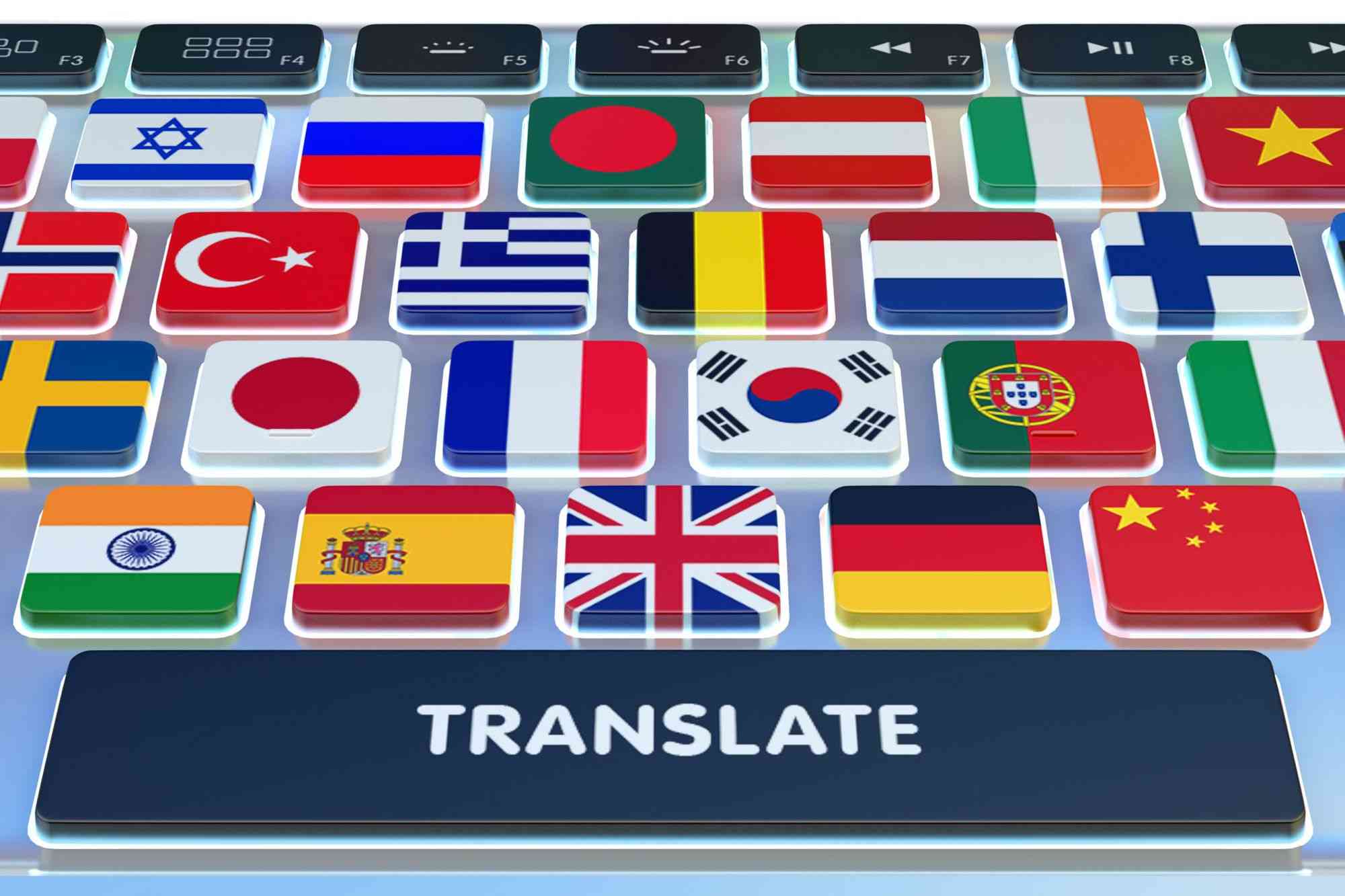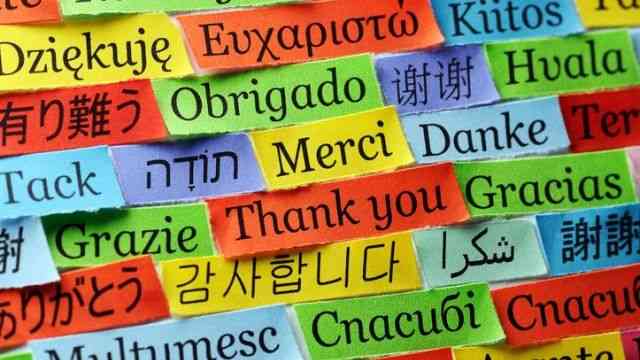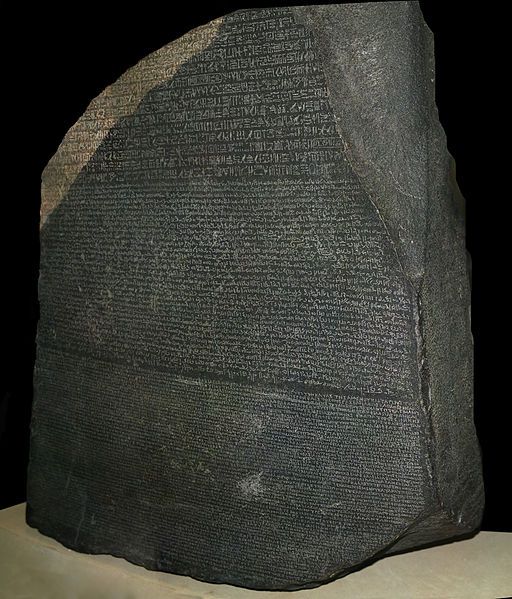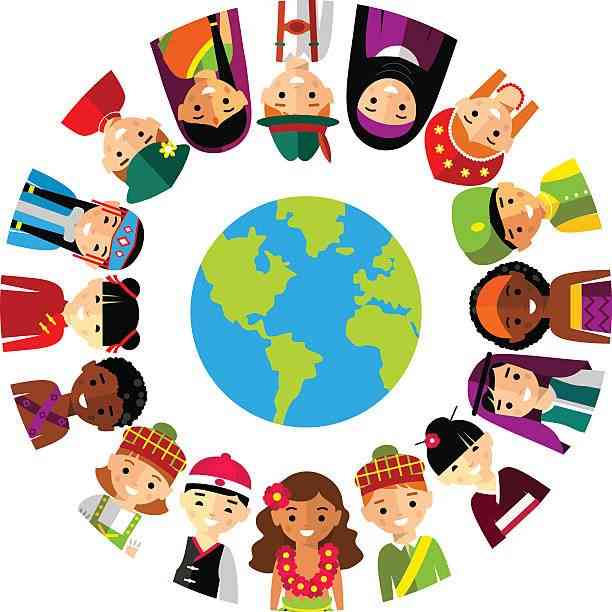Things you don't know about Translation.
TRANSLATION ISN'T A VERY KNOWN OR FAMOUS SUBJECT OUTSIDE THE TRANSLATORS COMMUNITY, SO COME FIND OUT WHAT IT IS.

Translation isn't a very known or famous subject outside the translators community, or outside the translation industry and line of work. most people don't know the way a translator works, and most people never think about needing a translator someday because: "We can just use Google or something right?". well, in this article I will be telling you, what is translation, and how is it important to humans and I will be sharing with you some nice facts too, and in another article I will explain how machines would never take the role of a human Translator any time soon with other related topics, so stay tuned!.
What is a Translation?
The word translation means to create a change or a "surgery" on a text in one language to convert it to another language, this operation can be operated on two or more languages, it contains the first language that the translator translates of and it is called "The Source Language" and referred to as "SL", And the other one or more languages that the translator translates into and their called "The Target language" and referred to as "TL". translators most important goal is to communicate the source text's meaning and deliver the message across to the target language, now this maybe looked at as an easy thing to do when all the translation tools are out there.
But it's not because unlike real human translators, machine translation can only translate a word for word, which results to a a script empty of meaning, and if the machine did convey the meaning then it would never convey the senses a human being can. Translators have to study both source and target languages in order to understand which way to translate with, translators never translate a word for word because because languages structure is very different for one language to another, the translator needs to understand the whole message of the source text in order to convey and covert it to the target audience. For example, to translate a text from English to Arabic a translator has to create a text with a full new structure to convey the exact idea the author wants to deliver in the English text.

the beginning of translation .
The word ‘translation’ comes from a Latin term which suggests "to bring or carry across". Another relevant term comes from the original Greek word of "metaphrasis" that mean “to speak across” and from this, the term (metaphrase) was born, that Stands for a “word-for-word translation”. These terms are at the middle of theories with relevancy translation throughout history and have given insight into once and where translation are used throughout the ages.
It is far-famed that translation was applied as early due to the Mesopotamian era. once the Sumerian literary worked, Gilgamesh, was translated into Asian languages. This dates back to round the second millennium before Christ. different ancient translated works embrace those applied by Buddhist monks, administrative unit translated Indian documents into Chinese. In later periods, Hellenic language texts were in addition translated by Roman poets and were tailored to make developed literary works for amusement.
It's known that translation services were used in Rome by Cicero and poet that these uses were continued through to the seventeenth century, where newer practices were developed. going any back in time, one amongst the primary items of proof of this method was found within the "Rosetta Stone" that may be a (Granodiorite Stele) discovered in 1799. wherever it had been found 3 versions of a decree issued in Egypt, 196 BC. On the stone’s high half the text was written during a hieroglyphic and Demotic script, at the lowest half, the text was written in Hellenic language. because the text was basically same, with minor variations, the lettering was the key part to deciphering Egyptian hieroglyphs. The lettering was the primary Ancient Egyptian bilingual text recovered in times, and it aroused widespread public interest with its potential to decipher this previously untranslated hieroglyphic language.

a History fact.
ST. Jerome also known as Jerome of Stridon which was a Latin pries, confessor, theologian, and historian. Is considered the "FATHER OF TRANSLATION" He spoke Greek, Latin, and Hebrew and he spent 30 years creating the Latin version of the Greek Bible, which has become the standard for more than a 1000 years. and so, on the Christian feast day of St Jerome, September 30th, is considered the International Translation Day since 1953.

Why is Translation totally vital? and how does it impact the world?
Translation is Vital for the reason that not every person speaks English.
Sure, English is the most noted and customary language. however that doesn't offer the rationale to show a blind eye for each one for every one who does not speak it, as a result of even the in most typical place of English speakers (England) there's a really huge population of foreign and minority language speakers.

Translation is creating more jobs and chances.
With the world becoming increasingly interconnected, the global language services market has seen rapid growth. Over the last ten years the market has doubled in size, reaching 46.9 billion U.S. dollars in 2019. and it is expected to reach 56.18 billion U.S. dollars in 2021. info from:{statista}

Translation grows economy. once doing business globally, the key component is sympathy, that is created attainable typically by skilled translators and interpreters. firms that are able to communicate effectively in additional than one language are possibly to sell their product and services all round the world, consequently boosting the economy.
translation is vital History. if it wasn't for translation we'd have lost such a lot of our history, translators help by translating ancient scripts, and after all, helped to translate and understanding essential old scientist's discoveries and books.
Translation is just great for even entertainment. imagine being Chinese or of any other nationality, with out translating you would not be able to read the masterpieces of Shakespeare, Dante, Cervantes, Dostoevsky, Victor Hugo and many others. or imagine not being able to watch Game of Thrones or any other media for there is no translation!
So in conclusion.
The main goal of translation is to convey the main message and the meaning of the text, so the translator's skill and level of professionalism lies in his ability to communicate those. In the end, translation is an art ... the art of preserving the luster of the text.
Translation is great for economy. Great for creating another possibilities. is THE most important key to history and science. and it is very old !

